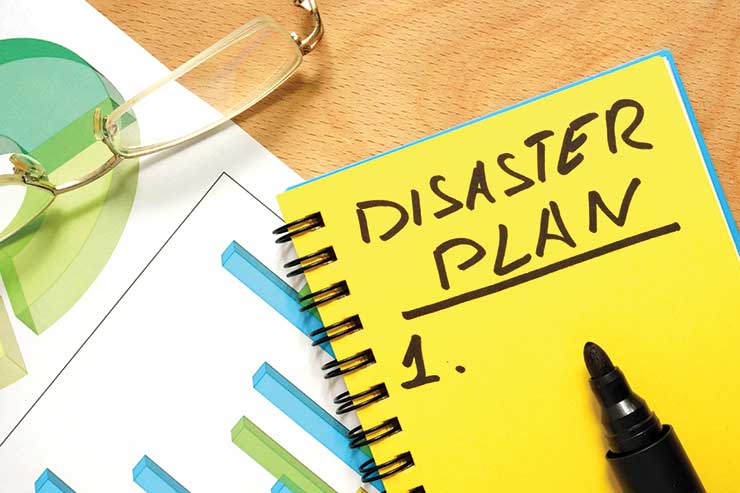Ten crisis management tips from the experts
Just a few days after British Airways’ IT meltdown, the Association of Women Travel Executives held a seminar about crisis management. Here are 10 tips from the session.
1. Keep your safety management plan up to date
Rigorous health and safety assessment minimises the risk of a crisis – “but there’s no point having a dusty document that’s been sitting on a shelf for years,” said Claire Mulligan, partner at Kennedys Law. “If it says you will audit every excursion provider, you must do it – or you will be hung out to dry.”
In court, you would need to show you had taken a “reasonable” approach to safety, according to your size and resources. You must be able to show you made safety decisions with good intentions and on a sound basis – not because of cost.
2. Create an extensive crisis management plan
Francis Tuke, account director at representation agency Lotus, advised travel firms to create a matrix of all possible short- and long-term threats to the business, such as global warming. It should detail how each should be responded to and assign responsibilities across the team.
Learning from the mistakes of your competitors is crucial in avoiding your own crisis, she added. “Compare how American Airlines handled a similar overbooking scenario just a few weeks after the United Airlines incident. It had seen where United went wrong.”
3. Practise implementing your plan
Simulating a crisis finds gaps in your plan, said Colin McGregor, founder of health and safety consultancy tranquilico.com. A simulation could be desktop-based or involve a full simulation with actors to test how your team deals with pressure.
“In one of my simulations, we discovered the phone lines couldn’t cope with the number of calls and that a journalist got into the building and stuck a camera in the MD’s face,” he recalled. “Now the tour operator has changed its procedures.”
4. Consider crisis management insurance
It’s vital to know who you have your public liability policy with, and whether there is a cap to what the insurer will pay out, Mulligan said. Separate crisis management insurance might also be advised, to allow for flying out relatives of a deceased person or to pay for trauma counselling for your staff, and to bring in PR professionals.
5. Don’t overlook cyber crime
Cyber crime is a newer threat to businesses, and growing. Mulligan said Kennedys had seen 15 claims of cyber attack against clients last year, mostly hotels, with hackers demanding a ransom.
“I think tour operators will be the next targets,” she warned. “So make sure you’ve got cyber insurance, as when it goes wrong, it costs you a lot of money.”
6. Document everything – and choose your words carefully
It is vital to begin documenting everything from the start of a crisis. “Any emails you send are completely disclosable in a court or an inquest, in front of the families of the deceased, so think very carefully before you write anything,” said Mulligan. Senior management’s computers can be taken away in cases of corporate manslaughter.
7. Be prepared for emergency travel
If responding to a crisis might require travel, have a “Go Suitcase” filled with a change of clothes, digital camera and crucial documentation, suggested McGregor.
Senior executives might even keep their passport at the office so they can go straight to the airport, and if you operate in countries that require a visa, ensure appropriate colleagues have long-term visas for entry.
8. Make media communications a key part of your crisis planning
Be clear on who will communicate with the media, and how. “You’ve got to have all the holes in the net sewn up, and be giving the same message across all your channels,” said Tuke. It doesn’t have to be the chief executive that talks to the press; it’s better to have someone comfortable and confident in doing so.
9. It’s OK to say sorry
Mulligan said that while lawyers used to prevent clients from saying “sorry” because it admitted guilt, this is no longer the case. It’s better to show compassion. Tuke highlighted the “five Cs” of how senior executives should handle interviews and press conferences: competence, credibility, commitment, caring and capability.
10. Do the right thing for customers
Panellists agreed that whether it’s providing water for stranded passengers at Heathrow (unlike BA did recently) or flying relatives out to the scene of an incident, you need to do the right thing for your customer – and worry about how it will be covered later.
And ensure that decisions can’t be slowed down by not being able to get hold of your financial director or your insurer.

















